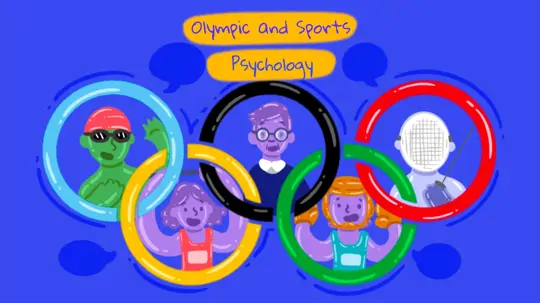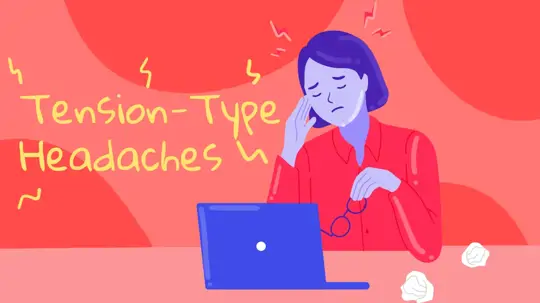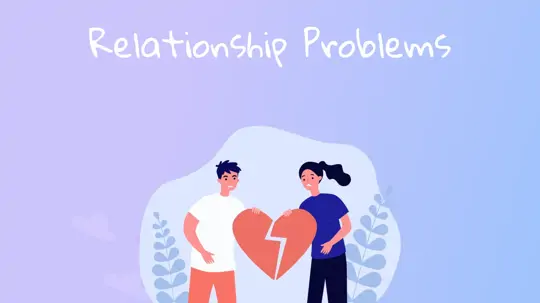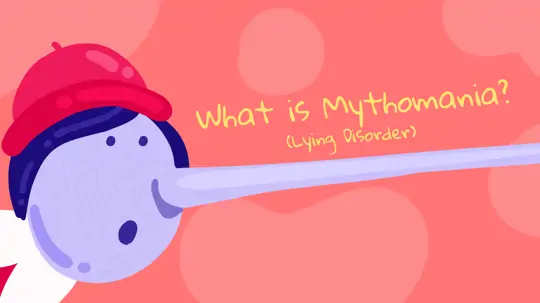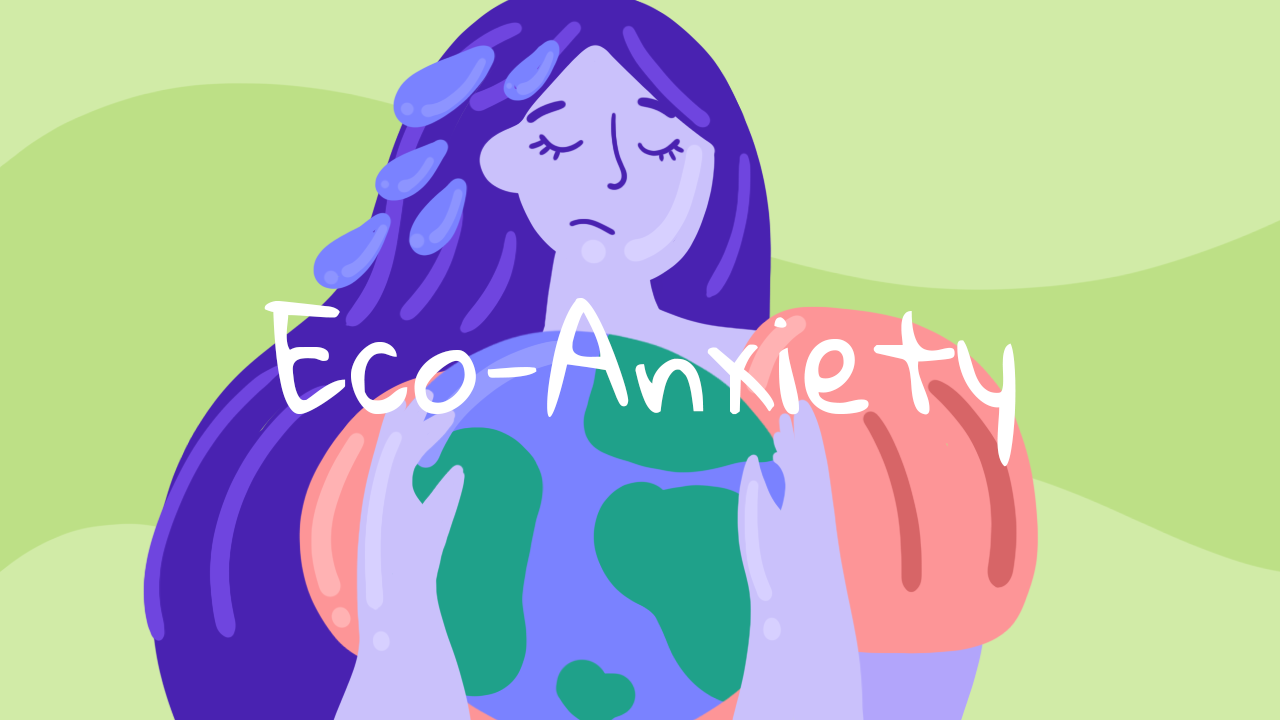
Start feeling better today!
Connect with your therapist today and take control of your life like our 850.000 happy clients.
Get StartedNature and Human
Human life has an inseparable connection with nature and the environment. Even a small walk in nature is enough to feel the contribution of nature to mental and physical health. While nature and humans coexist, they are constantly influenced by one another. For this reason, a change in one of them will transform the other, either directly or indirectly.
Today, there is an undeniable global climate crisis. With this crisis, we humans have inevitably been affected by it biologically and psychologically to different extents and will continue to be affected.
It is inevitable that climate change will directly and indirectly lead to an increase in mental health problems. In this situation, it's normal to feel negative emotions such as anxiety, sadness, worry, and helplessness. We may find it difficult to deal with these feelings.
In order to understand the effects of the climate crisis on our psychology, new concepts have entered our literature as different disciplines and views come together. One of them is the concept of eco-anxiety that is discussed in this article1.
Ecology and Anxiety
Anxiety, in its broadest sense, is a state of intense worry accompanied by fear of a future disaster. It is more about the unpredictability of the future and the possibility of a potential condition posing a threat to the person. Ecology as a natural science, on the other hand, is concerned with the interactions of all living things on Earth with one another and with their environment.
The term "eco-anxiety" is derived from the words "anxiety," which is frequently discussed in psychology, and "ecology," and can also be referred to as environmental anxiety. It is also known as climate change anxiety.
What is Eco-Anxiety (Environmental Anxiety)?
Eco-anxiety has been defined by the American Psychological Association (APA) as "an ongoing fear of an environmental apocalypse"2. In this way, a person with eco-anxiety is always worried about the environment and the future of the world because of environmental disasters.
Eco-anxiety is a concept that is closely related to the possibility of ecological disasters and the climate crisis, both of which are on the global agenda. According to this definition, eco-anxiety is the inability to be certain of the lives of living things on Earth based on concrete data and potential environmental disasters, as well as intense anxiety about this uncertainty1.
Symptoms of Eco-Anxiety
How is eco-anxiety diagnosed? Are you concerned about the environment? Eco-anxiety symptoms are not that different from general anxiety symptoms. The main feature of this concern is that its content is environment-oriented. Here are the signs of environmental anxiety:
- Feeling helpless about the climate crisis
- An intense fear of or anxiety about environmental issues
- Trouble concentrating
- Insomnia and fatigue
- Disappointment and anger at global leaders for not doing more for the environment
- Obsessive thoughts about the world and the environment

Is Eco-Anxiety a Disorder?
Eco-anxiety is not regarded as a "disorder" because it is a natural and understandable reaction to being directly or indirectly affected by the changing world someone lives in. People with eco-anxiety, on the other hand, may avoid certain activities in their daily lives. As the anxiety gets worse over time, this may lead to other mental health problems.
People who suffer from eco-anxiety are constantly concerned about the future and their own lives. This concern is valid not only for their own futures, but also for future generations—in other words, the future of the world—to the point where eco-anxiety can sometimes prevent people from having children2.
Furthermore, in addition to this existing anxiety, people who experience eco-anxiety frequently feel emotions such as helplessness, unhappiness, grief, and anger in their everyday lives. In addition to the physical problems caused directly by climate change, we may also experience psychological problems like panic attacks or depression as a result of the long-term emotional effects3.
Who Gets Eco-Anxiety?
Everyone who is environmentally sensitive experiences eco-anxiety. Some groups, however, are more vulnerable to eco-anxiety for a variety of reasons, including living conditions and future expectations. These are the groups:
- Internally displaced people (IDPs)
- Those who live in arid regions
- Field workers in environmental disasters
- People with anxiety disorder or major depressive disorder
- Low income groups
- Young children, adolescents, and older adults

Eco-Anxiety in Children and Adolescents
Studies show that echo anxiety is becoming more common, especially among children and young adults. This group will be affected by the climate crisis and its possible bad effects for the longest time and, therefore, the most. So, people this age are more worried about the future.
At this point, there are some ideas for how adults can help their kids get through this process more easily. For example, helping kids figure out what's going on, letting them express their worries and feelings through games and drawings, protecting them as much as possible from confusing information that might come from the media, and giving them more time in nature can all make the process easier4. So what else can we do to stop eco-anxiety?
How to Cope with Eco-Anxiety
Eco-anxiety is becoming more common, particularly in situations that directly threaten nature and human survival, such as the current COVID-19 pandemic or the climate crisis1.
In our country, there has been little research into eco-anxiety, but environmental disasters and their potential negative consequences can cause intense anxiety. This, when accompanied by intense emotions, can have a negative impact on our daily lives. So, what can be done to alleviate eco-anxiety? Here are some ideas for how we can deal with it:
- Checking only reliable sources of information about the climate crisis and environmental disasters. Avoiding fake news as much as possible.
- Not following accounts that share environmental disaster scenarios on social media.
- Being aware of thoughts and feelings about environmental disasters and making room for them.
- Connecting with people who have similar feelings about the climate crisis, sharing feelings and thoughts, and getting social support.
- Taking action out of worry. Taking individual steps, albeit small ones, to prevent the climate crisis.
As said before, eco-anxiety is a human condition, made up of feelings and worries about the future. It is not a pathology. Humans exist as long as the world they live in exists. As a result, it is understandable that any potential world destruction or destruction will have physical and psychological consequences on people.
At this point, what makes a difference is seeking ways to balance our anxiety, allowing space for felt emotions, not being afraid to seek social and mental support, and becoming aware of the steps we can take as individuals to improve our world.
Sources
- Kara, Y., 2022, Ecological Crisis and Anxiety: Eco-Anxiety as a New Concept, Dokuz Eylul University Journal of Social Sciences Institute.
- Aras, B. B. & Demirci, K., 2020, Psychological Effects of Climate Change on Human Health, Review Article.
- Cankardaş, S. & Sofuoğlu, Z., 2021, Review of Climate Change and Its Effects on the Individual, Nesne Journal of Psychology.
- Mayavakfi.org
